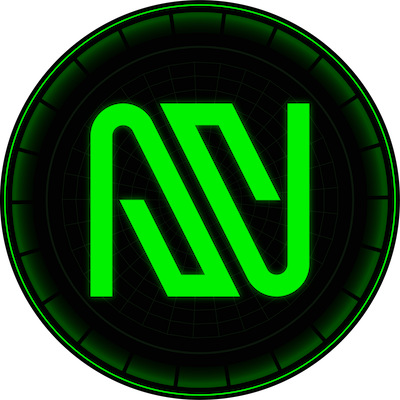The Rubber Ducky Cult, with its token $DUCKY, operates on the Solana blockchain, a platform known for its high throughput and low transaction costs. Solana employs a unique consensus mechanism called Proof of History (PoH), which enhances the blockchain's efficiency by timestamping transactions before they are added to the ledger. This mechanism allows Solana to process thousands of transactions per second, significantly outpacing many other blockchains.
Security is a critical aspect of any blockchain, and Solana addresses this through a combination of PoH and Proof of Stake (PoS). In PoS, validators are chosen to create new blocks based on the number of tokens they hold and are willing to "stake" as collateral. This discourages malicious behavior, as validators have a financial incentive to act honestly. Additionally, the decentralized nature of Solana, with its numerous validators spread across the globe, makes it resistant to attacks such as the 51% attack, where a single entity gains control of the majority of the network's computational power.
Beyond its foundational technology, Rubber Ducky Cult emphasizes community engagement, a vital component for many modern cryptocurrencies. This focus is evident in its decentralized exchange (DEX) trading model, which allows users to trade $DUCKY without relying on centralized platforms. Decentralized exchanges enhance security by eliminating a single point of failure and giving users control over their assets.
The Rubber Ducky Cult also explores the intersection of blockchain technology with digital art and gaming. The introduction of Ducky NFTs on Solana showcases this blend, offering unique digital collectibles that can be traded or used within the ecosystem. These NFTs are part of a broader trend where blockchain technology is used to verify the authenticity and ownership of digital assets, providing new opportunities for creators and collectors alike.
In addition to NFTs, the Rubber Ducky Cult is developing a 2D game, integrating gaming with blockchain technology. This initiative not only serves as entertainment but also as a means to engage the community further, offering potential rewards in the form of $DUCKY tokens or NFTs. The gaming aspect highlights the versatility of blockchain technology, extending its use beyond financial transactions to interactive and immersive experiences.
Despite its innovative approach, Rubber Ducky Cult has faced challenges, particularly in terms of market performance. Since its listing on exchanges in August 2024, the token has experienced a significant decrease in price over the past 90 days, underperforming compared to the broader cryptocurrency market. This volatility is not uncommon in the crypto space, especially for newer projects, and underscores the importance of understanding the risks involved.
The scarcity of $DUCKY tokens adds another layer to its ecosystem. Limited token supply can drive demand, potentially increasing value as more users engage with the platform. However, this scarcity also means that acquiring $DUCKY might become more challenging, influencing trading dynamics on decentralized exchanges.
Rubber Ducky Cult's technology and community-driven approach reflect the evolving landscape of blockchain applications. By leveraging Solana's capabilities, engaging users through NFTs and gaming, and maintaining a decentralized trading environment, it aims to carve out a niche in the competitive world of cryptocurrencies.
 Most Visited
Most Visited Chain Ranking
Chain Ranking Overall NFT Stats
Overall NFT Stats New Pairs
New Pairs Trending Pairs
Trending Pairs Gainers & Losers
Gainers & Losers Community Votes
Community Votes Top Traders
Top Traders Feeds
Feeds Topics
Topics Lives
Lives Articles
Articles Research
Research




































